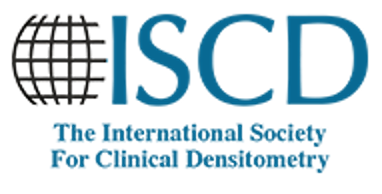
ISCD Learning
September 2024 - Quality Bone Densitometry: Performance, Interpretation, and Clinical Application for Technologists
Includes a Live In-Person Event on 01/08/2025 at 12:00 AM (EST)
- Registration Closed
Course Date
September 21 & 22, 2024.
Course Description
The core elements of this program focus on performing quality DXA scans, dissecting the data and applying this knowledge to a technologist’s role in patient care. This course, which focuses on quality DXA, is innovative, interactive and informative. The course emphasizes technical excellence in the performance, analysis and troubleshooting of bone densitometry scans. It provides standard practices and applications to raise the quality of DXA scan procedures and their impact on patient care. The program is designed to enhance awareness of the technical expertise involved in performing bone densitometry and applying protocols to address the everyday challenges. Attendees with come away with a strong sense of the considerable impact that a technologist plays in the delivery of quality DXA, and how that influences patient management.
Target Audience
The course is most appropriate for those involved in the performance of DXA scans and open to any health professional performing these scans.
Learning Objectives
After attending the course, participants should be better prepared to:
- Design and implement quality control and assurance practices.
- Perform a precision assessment and appreciate the requirement for clinical care.
- Identify the anatomy relevant to clinical DXA scanning.
- Implement consistent and appropriate technical acquisition and analysis techniques.
- Perform a fracture risk assessment using FRAX.
- Provide DXA interpreters sufficient information for a high-quality DXA report.
- Discuss supplemental software and their application.
- Demonstrate how to access features within the DXA software.
- Understand how specific medical conditions and medications affect bone density.
- Critically evaluate DXA scans to identify acquisition and analysis errors and implement resolution methods.
- Recognize how technical errors impact clinical interpretation and patient care.
Method of Participation
This activity will be offered through zoom, allowing the learner to watch and ask questions in a live format on September 21 & 22, 2024. Learners will be asked to complete a post-course survey to indicate what they will change in their practice as a result of this activity.
Registration Fee
Cancellation Policy
Attendee Cancellation Policy All changes in registration must be made in writing to education@iscd.org. Cancellations received 30 days prior to the start of the program are eligible for a full refund minus a $50 administrative fee. Cancellations received less than 30 days prior to the start of the course will not be refunded.
Course Changes or Cancellations ISCD reserves the right to cancel the program, change dates and/or meeting location. If a program is canceled, all program fees will be refunded automatically unless the registered participant elects to transfer to another program. Participants will be notified of any changes within 21 days of the course start date.
ASRT Credit Designation
This activity has been approved by ASRT for 13.0 Category A continuing education credits.
ASRT Credit Notice
This course is a renewal. If you have taken the course since June 2022, you will not be able to claim ASRT again for this learning activity. If you have taken prior to June 2022, you can take this course again for credit.
Deadline to Claim Credit
Participants will have 90 days from the activity end date to complete the activity survey and claim continuing education credit.
Schedule - September 21, 2024 (day 1) - All times Eastern (NYC/USA)
Schedule - September 22, 2024 (day 2) - All times Eastern (NYC/USA)
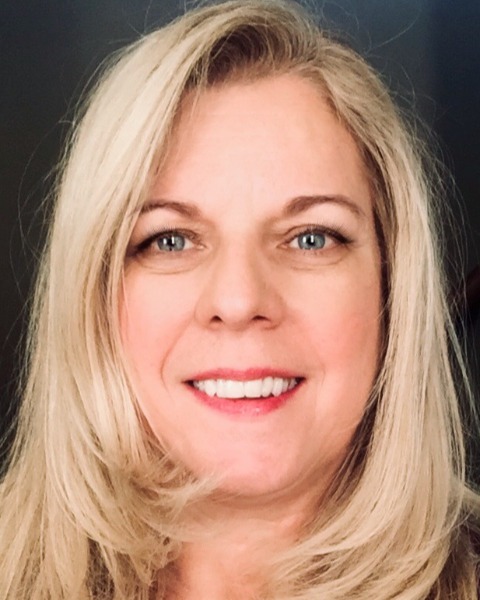
Anita Colquhoun, RTNM, MRT(N), CDT
Charge Technologist
Women's College Hospital
Anita Colquhoun M.R.T.(N), CDT is the charge technologist in the Centre for Osteoporosis & Bone Health at the Women’s College Hospital in Toronto. Anita is a Nuclear Medical Technologist specialized in Bone Mineral Density (BMD). She has been working in the field of BMD since the early 1990s. Anita is an active member ISCD Technologist Faculty since 2000. She has served 2 terms on the Governing Board of the ISCD and is currently serving her third term as the Executive Secretary to the Board. As well as Chairing then Annual Meeting Committee from 2012-2016 Anita served and is still serving on several other committees within the ISCD. She has participated in a variety of research studies and has co-authored abstracts and papers. Anita has also co-written an on-line beginner BMD course as well as developed a competency profile and best practise in BMD for the Ontario Association of Medical Radiation Sciences.
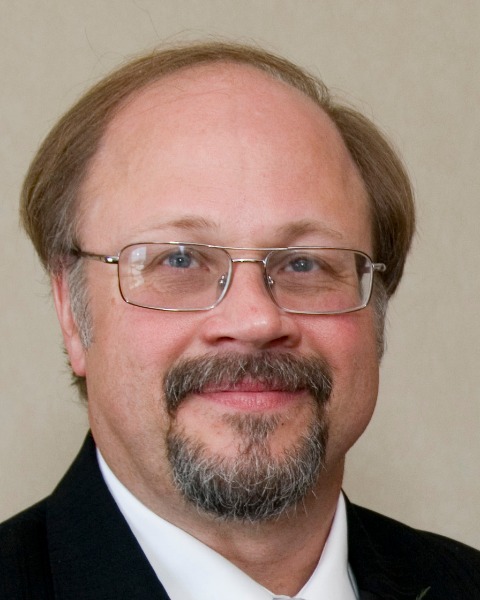
Lawrence Jankowski, CBDT
Chief DXA Technologist/Research Coordinator
Illinois Bone and Joint Institute, LLC
Lawrence Jankowski is the chief DXA technologist and a research coordinator for Illinois Bone and Joint Institute, a multi-disciplinary 100+ physician practice with over 20 locations within Chicago and surrounding suburbs, specializing in orthopedic and rheumatologic health and sports performance and fitness. He started clinical imaging as a nuclear medicine technologist in 1978, performing both single- and dual- photon absorptiometry in beginning in 1987, and switched to DXA in 1990. He is also registered in radiology (limited), and is certified by the International Society for Clinical Densitometry (ISCD) first as a CDT in 1996, and then CBDT in 2001.
In addition to his clinical and research duties, he is a technical instructor for the ISCD bone density courses, serves on the editorial board for the Journal of Clinical Densitometry, chairman of the Facility Accreditation Program, He has presented numerous posters on bone densitometry at scientific meetings, including the ASBMR, AAOS, NOF, as well as ISCD. Most recently, he served as task force chair for the 2019 Position Development Conference on cross-calibration and LSC determination in multiple scanner environments.
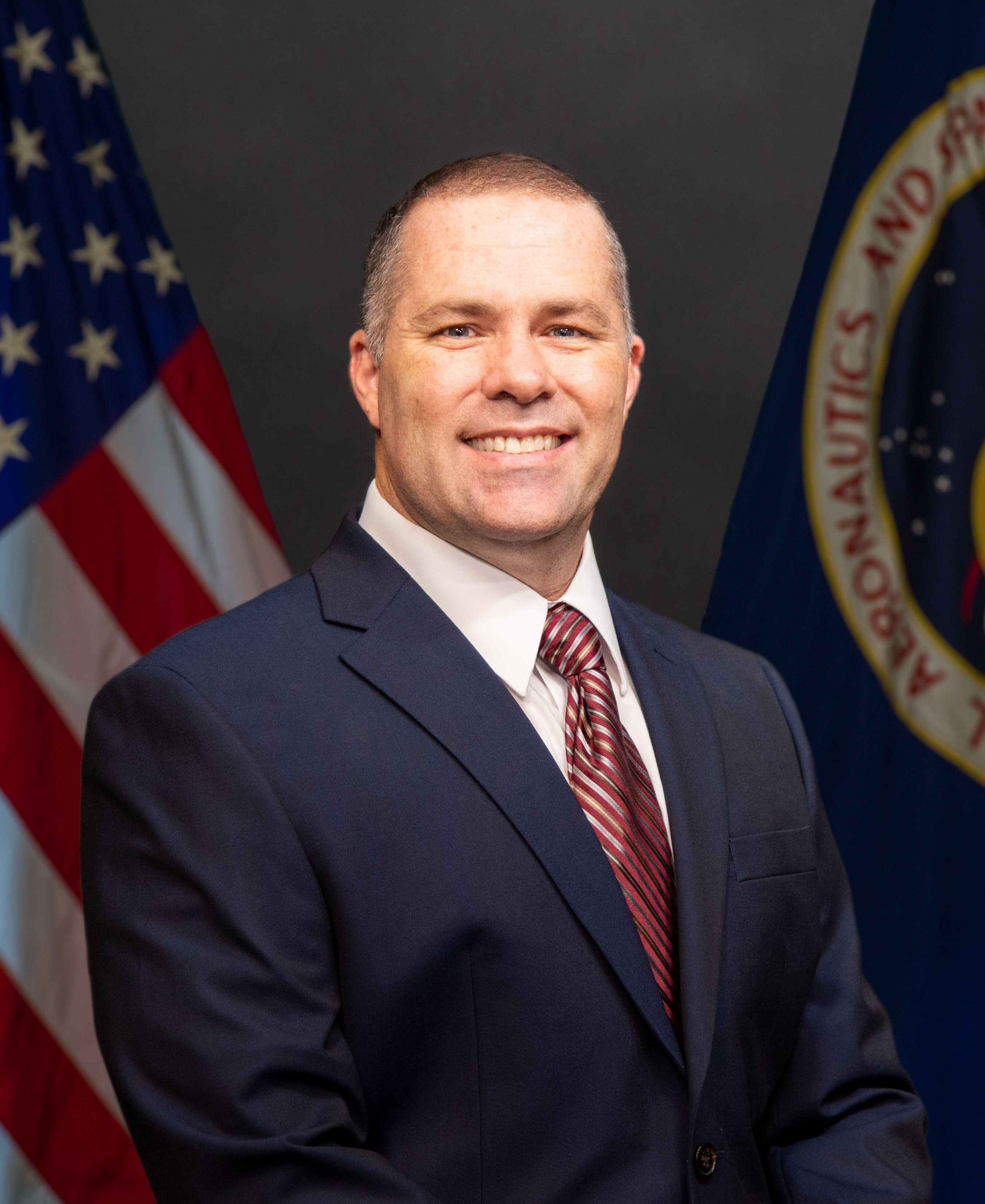
Greg Yardley
Sr. Medical Radiology Technologist and Researcher
NASA Bone Mineral Laboratory
Greg Yardley works as a SR. Medical Radiology Technologist and researcher in the NASA Bone Mineral Laboratory and NASA/JSC medical clinic for KBR in the government solutions division. His job requirements are performing and analyzing Dual Energy X-ray absorptiometry (DXA) exams on both retired and active Astronauts. He also extracts, records, and aids in bone density interpretation and distributes bone data from DXA, Computed Tomography (CT), and Magnetic Resonance Imaging (MRI) devises. Greg also performs diagnostic medical X-rays for the NASA/JSC Flight medicine and occupational health clinic.
Greg began his healthcare career as an Emergency Medical Technician (EMT). He then furthered his medical education and received his certification as a registered Radiology Technologist. Greg has worked as a Radiology Technologist in a trauma level 1 hospital, level III hospital, urgent care, and multi-specialty clinic. At the time of his graduation Greg had also received extensive training not only in X-ray but also DXA, CT, and Ultrasound. In 2011, just previous to his current job, Greg worked as a Bone Density Technologist at a multi-specialty medical clinic where he performed and analyzed over 3000 DXA scans a year on every type of patient imaginable while also running the day-to-day operations of the Osteoporosis center.

Angela Karlen McGinty, RT(R)(BD), CBDT
Imaging Specialist
University of Wisconsin Hospital & Clinics
Angie Karlen McGinty is a certified Radiographer and Bone Densitometrist with the American Registry of Radiological Technologists, as well as an ISCD certified Bone Densitometrist. She has been a dedicated Bone Mineral Densitometry Technologist for over 4 years and has recently accepted a position with the ISCD Faculty for The Quality Bone Densitometry (QBD) Technologist Course.
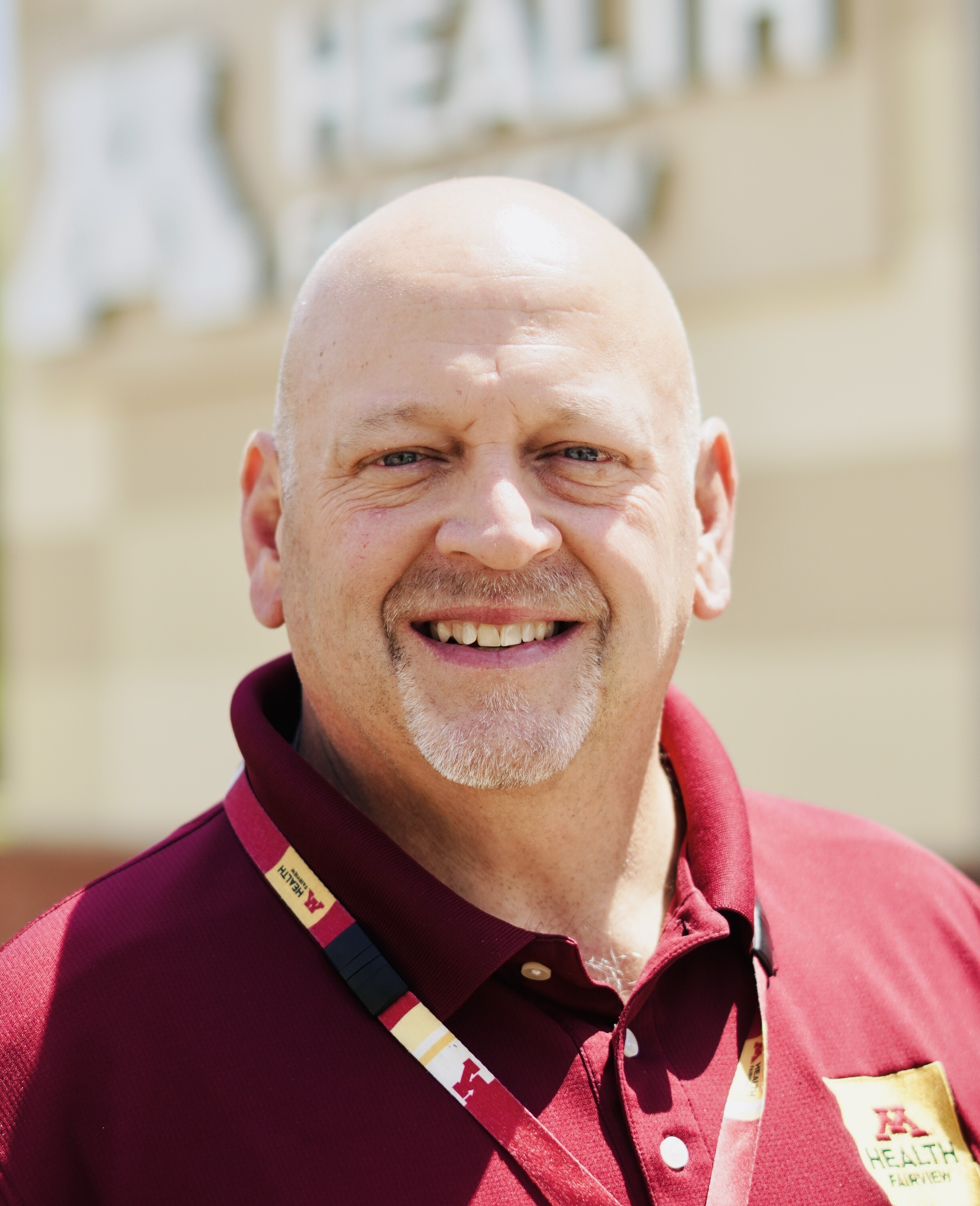
John Monk, RT(R)(QM)(BD), CBDT
DXA Specialist
M Health Fairview | Imaging Service Line
John is the DXA specialist at Fairview Health Services, a healthcare provider based in Minneapolis but serves most parts of Minnesota. John began his career performing scans on a Lunar (now GE Lunar) in 1996. He became certified as a CDT through the International Society for Clinical Densitometry (ISCD) in 1997, then became a CBDT in 2008. John was an adjunct instructor for the Minnesota State College and University System, teaching Bone Densitometry 1 and 2 from 2003 to 2011 to imaging students. John has performed scans on all GE Lunar models. John was also an item writer and cognitive objective writer for the first national exam in Bone Densitometry through the American Registry of Radiologic Technologists (ARRT) in 2001.
Statement of Independence
The ISCD maintains a policy on the use of commercial support, which ensures that all educational activities sponsored by the ISCD provide in-depth presentations that are fair, balanced, independent, and scientifically rigorous. ISCD requires faculty, planners, managers, and other individuals and their spouse/life partner who are in a position to control the content of this activity to disclose any real or apparent conflict of interest they may have as related to the content of this activity. All identified conflicts of interest are thoroughly vetted by ISCD for fair balance, scientific objectivity of studies mentioned in the materials or used as the basis for content, and appropriateness of patient care recommendations. Individual disclosures are included in the course material. No Commercial Support has been provided for this activity
Disclaimer
The information and suggestions presented at the courses, seminars and other programs sponsored by ISCD and other collaborating societies are subject to change and therefore should serve only as a foundation for further investigation and study. Any forms presented at our seminars or programs are samples only and are not necessarily authoritative. All information, procedures, and forms contained or used in such seminars or programs should serve only as a guide for use in specific situations.
Disclosure of Unlabeled Use
This educational activity may contain a discussion of published and/or investigational uses of agents that are not indicated by the FDA. ISCD does not recommend the use of any agent outside of the labeled indications. The opinions expressed in this educational activity are those of the faculty and do not necessarily represent the views of any organization associated with this activity. Please refer to the official prescribing information for each product for a discussion of approved indications, contraindications, and warnings.
Privacy & Confidentiality Statement
The ISCD will record the learner’s personal information as provided on evaluations to allow for the issuance and tracking of CME/CE certificates. The ISCD may also track aggregate responses to questions in activities and evaluations and use these data to inform the ongoing evaluation and improvement of its educational program. No individual performance data or any other personal information collected for evaluations will be shared with third parties
Attendance Cancellation Policy
All changes in registration must be made in writing to education@iscd.org. Cancellations received 30 days prior to the start of the program are eligible for a full refund minus a $50 administrative fee. Cancellations received less than 30 days prior to the start of the course will not be refunded.
Course Changes or Cancellations
ISCD reserves the right to cancel the program, change dates, how the course is taught, and/or meeting location. If a program is canceled, all program fees will be refunded unless the registered participant elects to transfer to another program. Participants will be notified of any changes within 21 days of the course start date.
